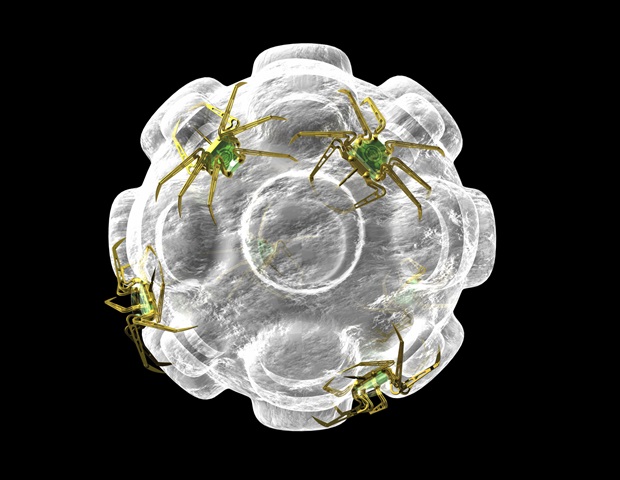University of Queensland researchers have made a significant step towards enabling women with epilepsy safer access to a common and highly effective anti-seizure medication. Sodium Valproate or valproic acid is widely prescribed for epilepsy and certain mental health conditions, but is considered harmful to use during pregnancy because of links to spinal cord defects and other complications for newborns. Dr Giovanni Pietrogrande and Professor Ernst Wolvetang from UQ's Australian Institute for Bioengineering and Nanotechnology (AIBN) led a team of organoid experts who have identified a drug that could nullify the dangerous side effects.
"We first set out to understand why valproate causes spinal cord malformations in fetuses," Dr Pietrogrande said. "To do this we created organoids – human mini-spinal cords in a dish – that closely mimic the spinal cord of a fetus in the early weeks of gestation. "When these mini spinal cords were exposed to valproate, the team discovered that the drug changes the cells that normally form the spinal cord, leading to malformations.
" Professor Wolvetang said the AIBN team then treated the organoids with the clinically approved drug Rapamycin , and found it prevented the negative effects of valproic acid. "Therefore co-treatment with Rapamycin could be the thing that opens safe access to an extremely effective treatment for women with epilepsy," Professor Wolvetang said. Study co-author Professor Terence O'Brien, Head of the School of Translat.


















